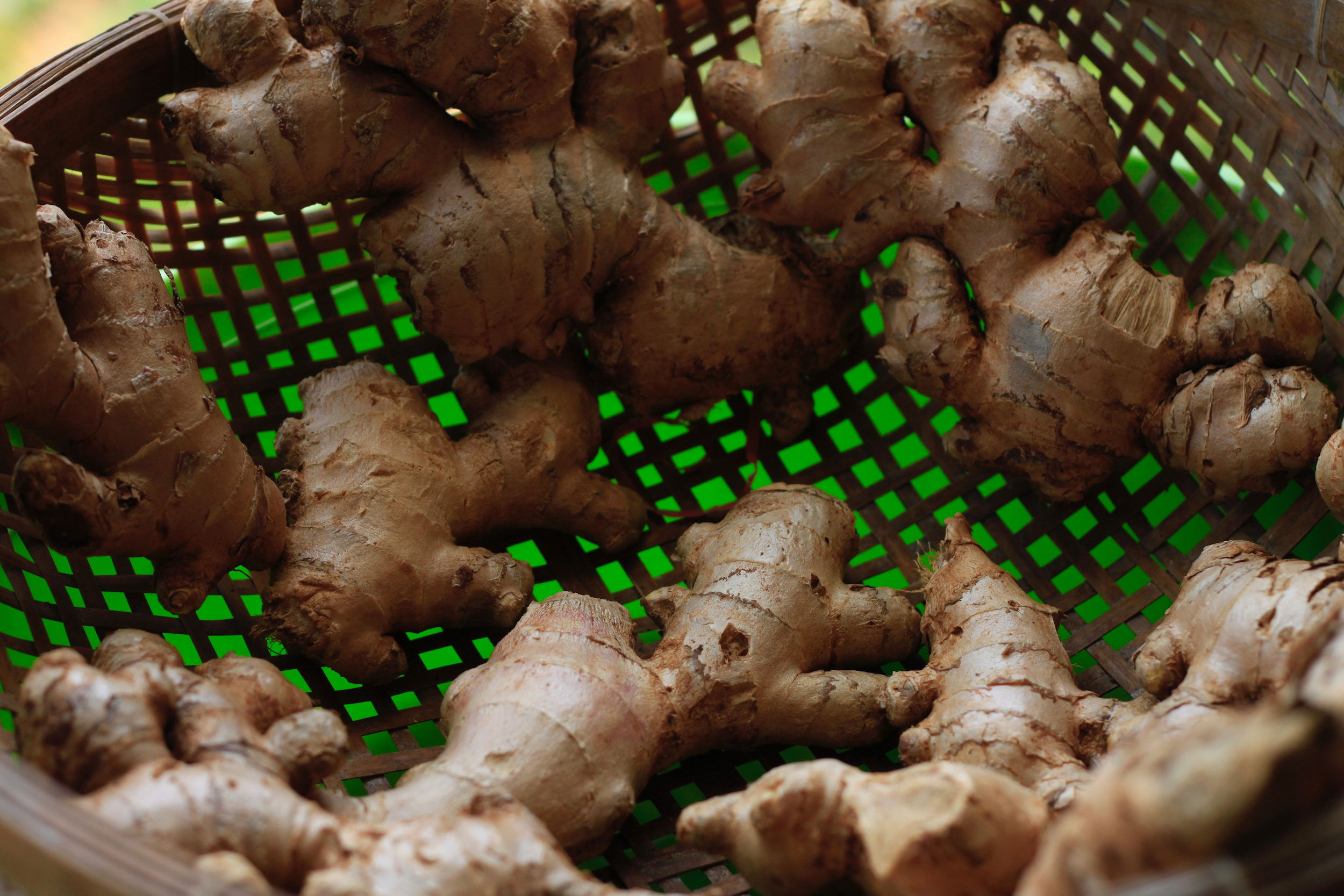History with Africa "JINJA"

Ginger is a tropical root plant that is native to Southeast Asia but has been widely cultivated and used in different parts of the world, including Africa, for thousands of years. While ginger is not native to Africa, it was introduced to the continent through trade and colonization. In Africa, ginger has been used for medicinal and culinary purposes for centuries. In traditional African medicine, ginger was used to treat a variety of ailments, including stomach problems, nausea, and headaches. It was also used as a natural remedy for colds, flu, and other respiratory infections. Ginger was also an important ingredient in African cuisine, where it was used to add flavor and spice to dishes. In West Africa, for example, ginger is a key ingredient in a popular dish called Jollof rice. In East Africa, ginger is used in a variety of dishes, including stews, curries, and chutneys. During the colonial period, ginger was introduced to African markets by European traders. As a result, ginger became an important cash crop in many African countries, including Nigeria, Tanzania, and Uganda. Today, Africa remains a significant producer of ginger, accounting for about 10% of global ginger production. In summary, while ginger is not native to Africa, it has a rich history on the continent, where it has been used for centuries for both medicinal and culinary purposes. Today, ginger remains an important ingredient in African cuisine and an important cash crop for many African countries.

In addition to its medicinal and culinary uses, ginger also played a significant role in African trade and commerce. During the 19th century, ginger was one of the major commodities traded between East Africa and the Arabian Peninsula, where it was highly valued for its medicinal properties. Ginger also played a role in African folklore and traditional beliefs. In some African cultures, ginger was believed to have spiritual powers and was used in rituals and ceremonies. For example, in Ghana, ginger was believed to ward off evil spirits and was often used in spiritual cleansing ceremonies. Furthermore, ginger has been studied for its potential health benefits, including its anti-inflammatory and antioxidant properties. These properties may be particularly beneficial in treating chronic diseases such as arthritis and diabetes, which are prevalent in many African countries. In recent years, ginger has gained popularity in Africa as a superfood, with people consuming ginger tea, ginger shots, and other ginger-based products for its health benefits. Ginger is also used in cosmetic products, such as soaps and lotions, due to its anti-inflammatory and anti-aging properties. Overall, ginger has a rich and diverse history in Africa, where it has been used for centuries for its medicinal, culinary, and cultural significance. Today, it continues to play an important role in African agriculture, trade, and health.
